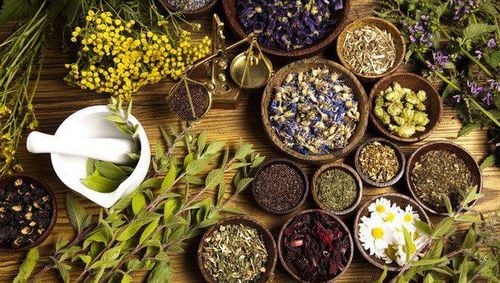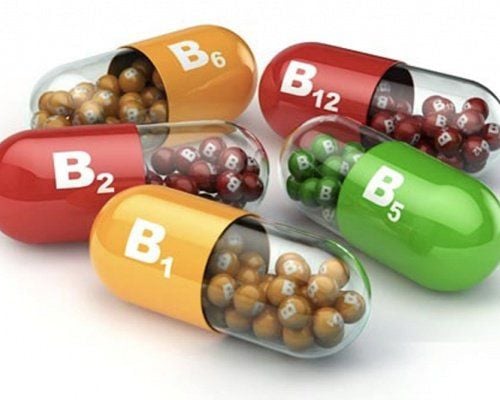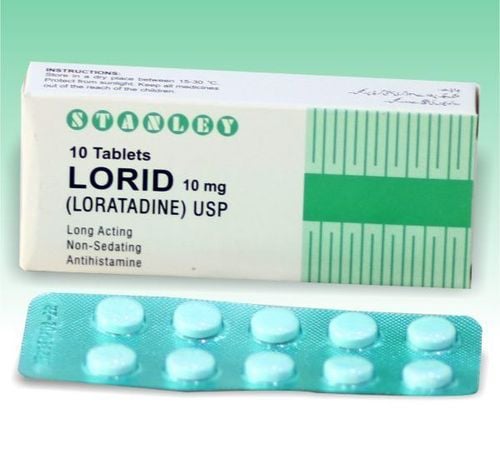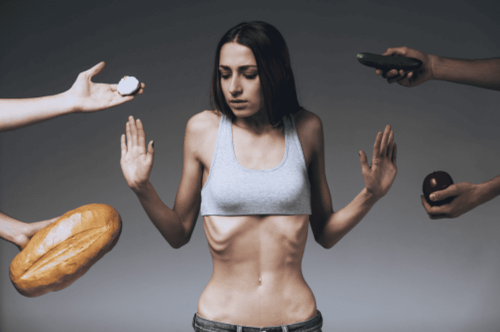This is an automatically translated article.
Breast milk is a very nutritious food, providing most of the nutrients your baby needs for the first 6 months of life. What a mother eats will have a certain influence on the quantity and quality of milk. Therefore, mothers need to have a balanced and varied diet to ensure the best for the development of their children.
1. Fish contains a lot of mercury
Fish is an excellent source of docosahexaenoic acid (DHA), eicosapentaenoic acid (EPA) and is hard to find in other foods. Two types of omega-3 fatty acids are important for brain development in infants. Even so, some fish and seafood are high in mercury, a metal that can be toxic, especially in infants and children who are very susceptible to mercury poisoning. Acute exposure to high levels of mercury can permanently affect an infant's central nervous system and cause developmental delays or impairments in cognition, motor skills, speech and visual-spatial language.
Therefore, you should avoid certain types of fish that are high in mercury while breastfeeding, such as bigeye tuna, king mackerel, lumpy orangefish, shark, swordfish and tilefish. To ensure an adequate supply of omega-3s while reducing the risk of mercury poisoning, nursing mothers should avoid high-mercury fish and consume 8–12 ounces (225–340) instead. grams) of low-mercury fish per week.
2. Some herbal supplements
Using herbs and spices to season foods is considered safe during breastfeeding. However, when it comes to supplements and herbal teas, there are some safety concerns as we don't have a lot of evidence to know if they affect women who are breastfeeding. In addition, these herbal supplements may be contaminated with potentially dangerous heavy metals.
Many women have tried herbal supplements to help increase milk supply. However, most studies have not found an association in breast milk production with taking herbal supplements or other lactation supplements.
Therefore, it is best to speak with a healthcare professional before trying a supplement.

Một số loại thảo dược cần tránh sử dụng khi cho con bú
3. Wine and alcohol
Breastfeeding diet? According to the Centers for Disease Control and Prevention (CDC), abstaining from alcohol is the safest option while breastfeeding. However, if you drink it infrequently, it is probably safe, as long as you are cautious about how much and when.
The amount of alcohol your baby can get from breast milk depends on how much you drink and when. Research shows that the amount of alcohol in breast milk peaks 30-60 minutes after drinking. In addition, alcohol can stay in the mother's body for up to 2-3 hours. Therefore, the more alcohol you drink, the longer it takes to eliminate alcohol from your body. Therefore, the CDC recommends limiting alcohol intake to one drink per day and waiting at least 2 hours after drinking before breastfeeding.
Breast milk production can be reduced by up to 20% if you drink a lot of alcohol. Furthermore, drinking too much alcohol and drinking frequently while breastfeeding can increase the risk of disrupted sleep, delayed psychomotor skills development, and delayed cognitive development later in life. These are the reasons that alcohol is on the list of foods to avoid while breastfeeding.
4. Caffeine
Coffee, soda, tea and chocolate are common sources of caffeine. When you consume them, some caffeine may be present in the milk. Because babies have difficulty breaking down and getting rid of caffeine. On average, large amounts of caffeine over time can build up in a child's body, causing discomfort and trouble sleeping.
According to the CDC, it is recommended that nursing mothers consume no more than 300 mg of caffeine per day, which is equivalent to two or three cups of coffee. Energy drinks often contain added vitamins and herbs, in addition to their high caffeine content, breastfeeding women are advised to avoid these products unless approved by medical regulators for reliability and safety. of them.

Bà mẹ đang cho con bú nên sử dụng caffein theo khuyến nghị của chuyên gia y tế
5. Processed foods
To meet the growing nutrient needs of breastfeeding, it is extremely important for a mother to eat a healthy and balanced diet. You should limit processed foods because they are often high in calories, unhealthy fats and added sugars but low in fiber, vitamins, and minerals.
Early research also suggests that a mother's diet while breastfeeding can affect a baby's diet later in life. Animal research has shown that the flavors infants are exposed to through breast milk can influence their eating preferences as they grow older.
One study observed that rats born to mothers fed a diet high in junk food were more likely to prefer high-fat, high-sugar foods than those whose mothers had a diet high in junk food. Balanced and healthy. Although more human studies are needed, there is concern that frequent exposure to fatty foods and sugars while breastfeeding could lead to less healthy eating habits and obesity as children get older. .
6. Other factors
When the flavors of foods and drinks can be present in breast milk, some mothers find that strongly flavored foods such as onions, garlic or spices cause their babies to refuse to breastfeed or to fuss after feeding. eat.
While there's no evidence that moms should avoid foods with strong flavors, if you notice changes in the way your baby sucks, eliminating certain foods or spices from your diet may help. Your diet should also be considered.
Other potential food groups that may need to be avoided during breastfeeding include cow's milk and soy products. Approximately 0.5–2% of breastfed infants may be allergic to cow's milk protein and about 0.25% may be allergic to soy protein. If your pediatrician suspects your child may have a milk or soy allergy, you should exclude all cow's milk or soy protein from your diet for 2–4 weeks if you still want to continue. continue breastfeeding.

Một số loại thực phẩm có thể ảnh hưởng đến chất lượng sữa mẹ
7. How to know if diet affects children?
Although every baby is different, there are some common signs that your diet may be affecting your unborn baby, including: eczema, baby walking in addition to bloody stools, children vomiting, children with diarrhea, children with hives, constipation, children wheezing, children with unusual fussiness, children with anaphylaxis.
If your child has any of these symptoms, it could be a sign that he has an allergy or that the food you eat is intolerant of him. It's important to make an appointment with your pediatrician to help determine which foods are problematic.
If you have a food allergy, you may be instructed to eliminate the suspected allergen for 2-4 weeks to see if symptoms subside. Remember that even though your baby may have an intolerance or allergy as a child, he or she may still tolerate those foods as he gets older.
Breast milk provides the nutrients needed for the baby's growth. Although most foods that are prohibited during pregnancy can be eaten while breastfeeding. But there are certain foods and drinks that may not be tolerated or have a negative effect on a child.
Mother's milk is the necessary and best food for the development of the baby, so the mother should try to maintain a regular eating and living habit to ensure the best source of nutrition for her baby.
However, if in the process of raising small children, you encounter blocked milk ducts or too little breast milk, you should seek the advice of expert doctors at Vinmec International General Hospital.
With a team of well-trained doctors and staff from major hospitals across the country will help customers solve current problems in the simplest and most effective way.
Please dial HOTLINE for more information or register for an appointment HERE. Download MyVinmec app to make appointments faster and to manage your bookings easily.
Reference source: healthline.com












